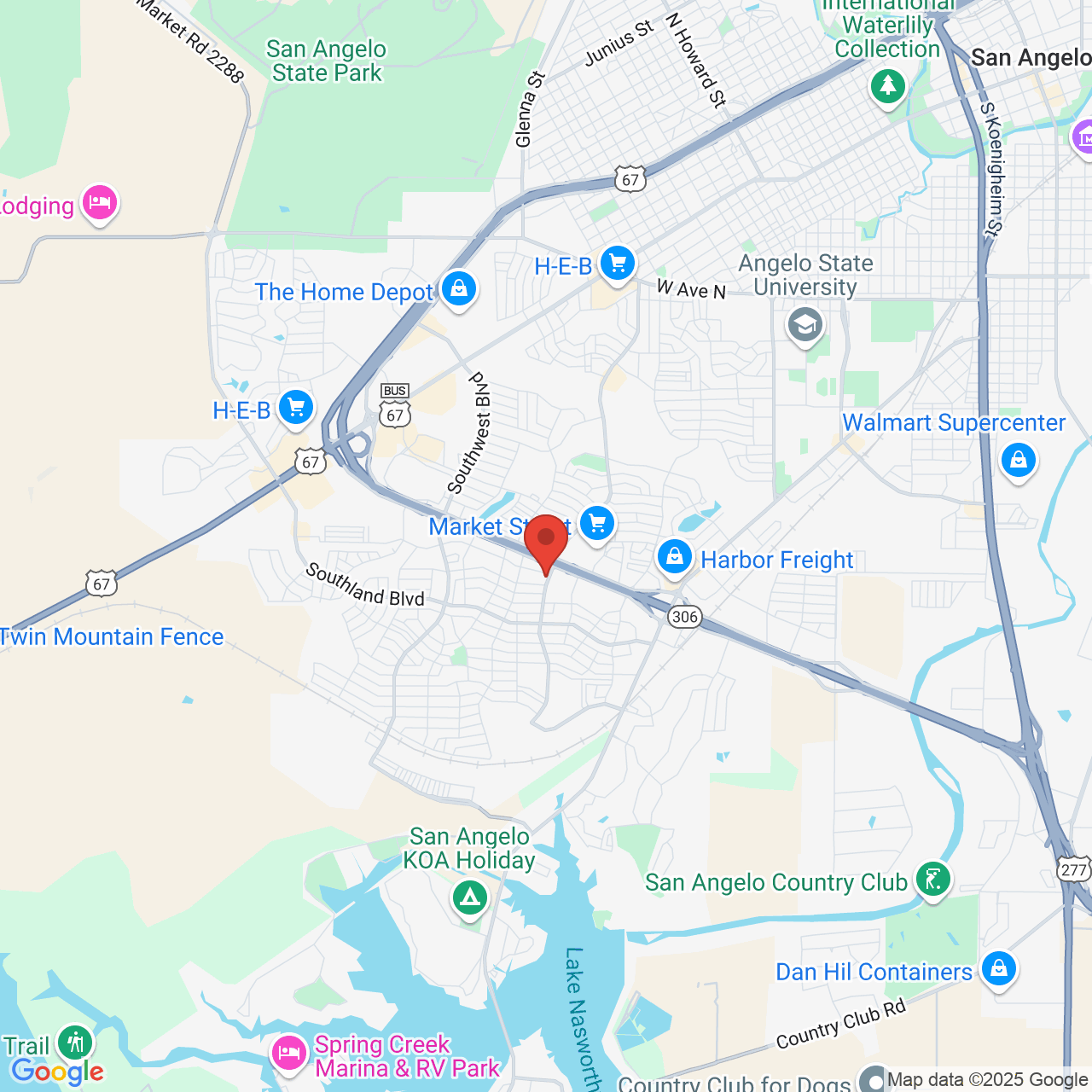Symptoms of TMJ Disorder
The complex jaw joints allow you to eat, talk, yawn, and perform a variety of other daily activities. Temporomandibular joint disorder (TMJ disorder or TMD) refers to a group of conditions which involve these joints, the lower jaw, and the surrounding muscles. The most common symptoms of TMJ disorder include pain, tightness, clicking or popping, and restricted jaw movement. However, there are several other symptoms connected to TMD which can affect the entire body. If you are concerned about the health of your jaw, speak to a dentist about your treatment options.
Understanding Your Symptoms
There are a variety of symptoms which can indicate an issue with your TMJs. TMD often causes pain and discomfort, which may be temporary or last for years. Some patients only experience symptoms on one side of their face, while others deal with issues in both joints. Periods of stress may exacerbate these effects.
Pain and Discomfort
 Typically, the most obvious sign of TMD is jaw pain. However, pain can radiate from the jaw and affect other parts of your body, including the:
Typically, the most obvious sign of TMD is jaw pain. However, pain can radiate from the jaw and affect other parts of your body, including the:
- Cheeks
- Ears
- Temples
- Neck
- Shoulders
- Back
Toothaches, headaches, and migraines can all be associated with temporomandibular issues. You may experience pain while moving your jaw to eat, speak, or yawn. In many cases, patients notice an aching feeling or tenderness in the joints or other areas of the face.
Popping and Clicking Sounds
Periods of stress may exacerbate the effects of TMJ disorder.
Many patients with TMJ disorder notice unusual sounds while eating, talking, or opening their mouths. These sounds may take the form of popping, clicking, or grinding. In some cases, noises are accompanied by pain or a grating sensation, but oftentimes they are painless. Keep in mind some noise is quite common and may not indicate TMD. However, when popping or other sounds are accompanied by discomfort or limited jaw movement, it may be related to TMJ disorder.
Auditory Issues
Some patients experience changes in their hearing. Buzzing or ringing in the ears, often accompanied by earaches, may indicate issues with the TMJs. Typically, these symptoms are accompanied by pain in the jaw joints.
Restricted Jaw Movement
TMJ disorder can also impact your ability to move your jaw comfortably. Patients with TMD may struggle to fully open their jaw or experience limited mobility which prevents their jaw from moving in certain directions. Muscle spasms, lockjaw, and jaw dislocation can also indicate issues with the TMJs.
Other Symptoms
There is a range of other symptoms which can signal TMD, such as:
- Blurred vision
- Difficulty chewing
- Dizziness or vertigo
- A suddenly uncomfortable bite
- Swelling on the side of the face or in the temple area
If you do not have localized jaw pain, your doctor may look for another potential cause before screening for TMJ disorder.
Restore Your Comfort
Issues with your jaw joints can be uncomfortable and affect your daily life. While the exact causes of TMD are not fully understood, there are a variety of treatment options available to improve your symptoms. Self-care techniques, such as eating soft foods, avoiding chewing gum, and managing stress can help limit the effects of TMD.
However, if you have persistent symptoms, you should speak to a doctor about treatment. Non-surgical options, such as mouthguards and BOTOX®, can help. For more severe TMD, your doctor may recommend you visit an oral surgeon.




